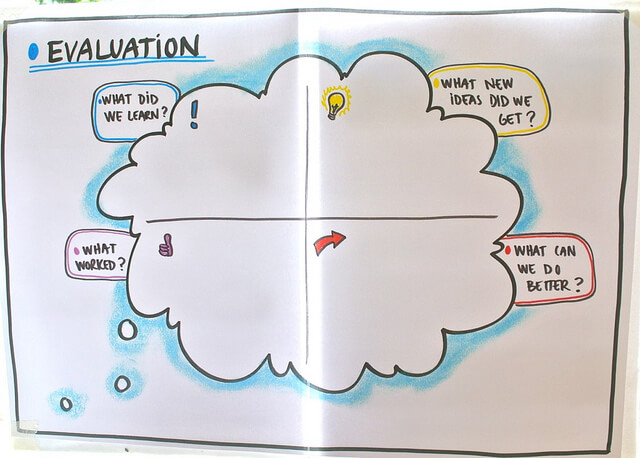Learning the ROPES
Published on May 2, 2017, at 12:15 p.m.
by Kayla Sullivan.
Public relations students learn during their studies about the ROPES process of building a campaign, that is research, objectives, programming, evaluation and stewardship.

Research looks into the client and the target audience. The two different types of research are primary, designed and implemented yourself, and secondary, the findings of other researchers.
Objectives answer the question “where do we want to go?” Impact objectives are the desired program outcome. Output objectives are the work to be produced.
Programming encompasses the campaign’s theme, key messages, special events, uncontrolled media and controlled media.
Evaluation measures the success of the objectives and determines areas of improvement.
Stewardship is the main tool for maintaining relationships. They are difficult to maintain and there isn’t always instant gratification.

While all five components of the ROPES process are equally important, stewardship is crucial in maintaining relationships.
According to a “PRLine” article (Link 1), the four “dimensions” of stewardship are reciprocity, responsibility, reporting and relationship nurturing.
Reciprocity is recognizing the people involved and showing gratitude for their involvement.
As students of public relations, we need to be mindful of others’ time and be grateful when that time is offered. Whether it be PR professionals or survey participants during the research of your campaign, they gave you their time and need to be recognized.
Responsibility is keeping promises and maintaining organization.
While responsibility is crucial to learn for everyday life, it is especially important in the workplace. Showing responsibility helps you gain respect and earn a reputation from the beginning. As millennials, we already have certain stereotypes attached to us when we enter the workforce. How great would it be to prove the stereotypes wrong?
Reporting is making sure to communicate to your publics.
Communicating gives you the opportunity to be transparent with your publics and keep them in the loop. This will cut down on false information and allow your publics to assist you in addressing situations as they arise. Also, having a continuous dialogue to assess where you are can be beneficial to the success of your campaign.
Relationship nurturing is taking care of both old and new relationships.
Public relations is all about relationships. We rely on each other to grow professionally and succeed. Taking care of relationships can ensure that these relationships are long-lasting.
Stewardship is a critical concept for PR students to learn and adopt before entering the workforce. While thank-you notes are an appreciated act, I encourage you to be creative in your stewardship. Make sure that each act of gratitude is personalized to its receiver to show that you are invested in the relationship.

PR students, take note! Those thank-you notes that your mom always made you write can come in handy.




